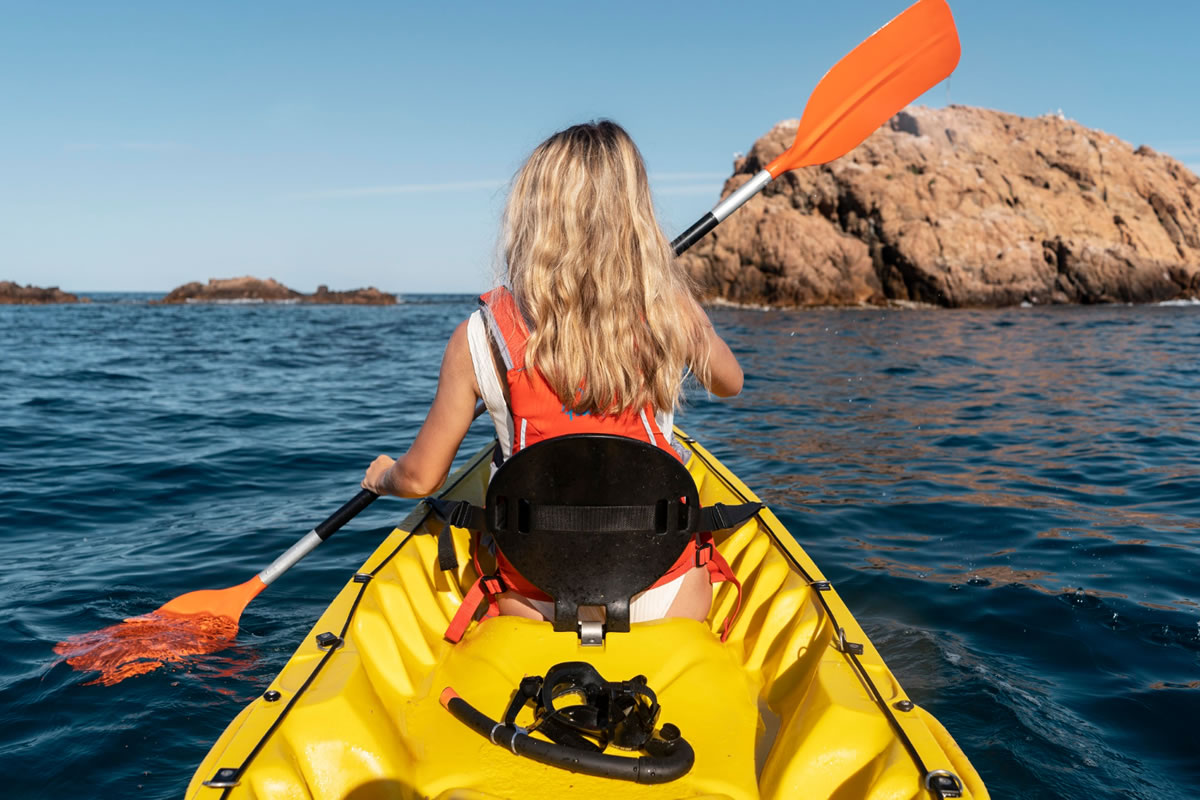General Guidelines for Boating and Water Safety
Since the coming of summer, people got their boats, fishing equipment, and water sports gear ready and then headed to the water. Water sports are designed for amusement, leisure, and merriment, but a little negligence can turn them into circumstances of misfortune and catastrophe. Individuals participating in water sports such as boating, fishing, water skiing, and swimming face unique water dangers. Nevertheless, by observing general procedures for water safety, our experts on fishing trips near me confirm that everybody should appreciate a safe and fun stint on the water this year.
Learn How to Swim
You should learn to swim to be secure in or on the water. However, it is helpful to know fundamental swimming skills even if you are not directly in the water. There are programs presented by YMCAs and local community centers that supply formal education on how to swim and the basics of water safety, regardless of your age.
Use Personal Flotation Devices
You should sport a life jacket or personal flotation device (PFD) whenever you are on a vessel. There should be sufficient life jackets for every individual on the craft, and they should be the right size and adequately secured. In addition, many states mandate that boat occupants wear life vests whenever the vessel is in operation. Even if you are a powerful swimmer, life jackets are additional security if you fall in the water. Kids should always model life vests that fit correctly and securely. And all boat water sports players, such as skiers, tubers, and wakeboarders, should model the fitting PFD for that sport.
Inspect all Equipment
When boating, it is crucial to maintain your vessel, engine, and safety equipment properly. Ensure you have adequate fuel when you go out boating, or learn the locations of regional fueling stations. It’s a good idea to keep a checklist for your inspections and procedures that you satisfy before heading out. If there are any equipment issues, restore or replace them as soon as possible. The U.S. Coast Guard Auxiliary generally suggests a complimentary craft check through a local marina.
Be Healthy, Hydrated, and Sober
Before heading out fishing or boating, get a good night’s rest. Being on the water can force you to fatigue quickly if it is a hot, sunny day. Also, consume plenty of fluids, such as water or other drinks with electrolytes. You can become easily dehydrated as you perspire while out on the water. Even in the water, if you feel cool, you will sweat because you are busy and can still get dehydrated.
Nevertheless, do not hydrate yourself with alcoholic drinks. Statistics from the U.S. Coast Guard show that a third of boating casualties are alcohol-related. Alcohol degrades your judgment, which can put you and those around you in danger if you cannot respond quickly in difficult circumstances.
Observe Local Boating Laws
When boating, keep a good lookout and drive at a safe speed. Ensure you follow the boating traffic rules, water safety, and flag alerts. Only go boating in unobstructed waters, and always watch for individuals or obstacles in or around the boat’s path.
These are just a few general guidelines for boating and water safety. Visit our homepage to search “fishing trips near me” today.



Comment (0)